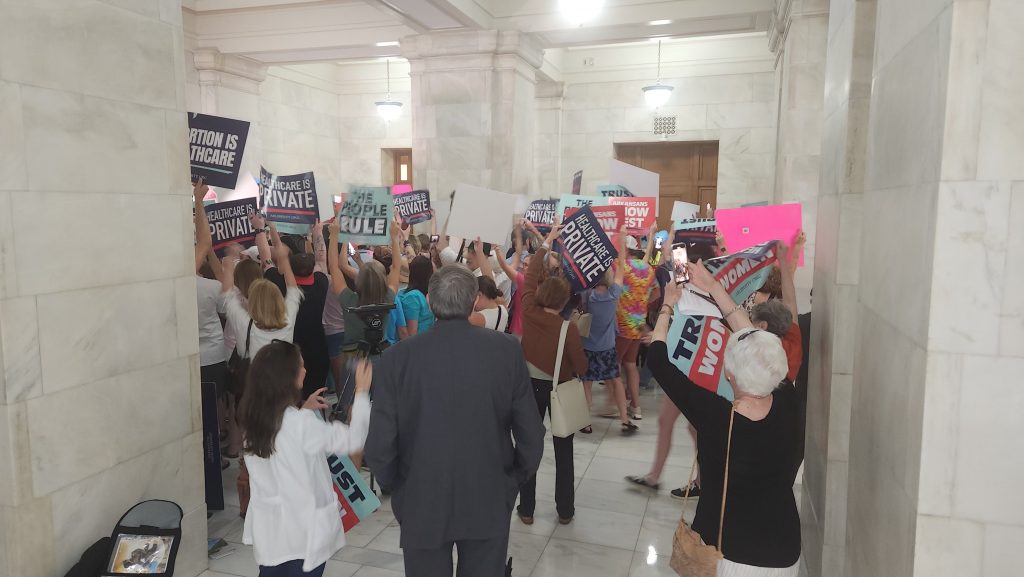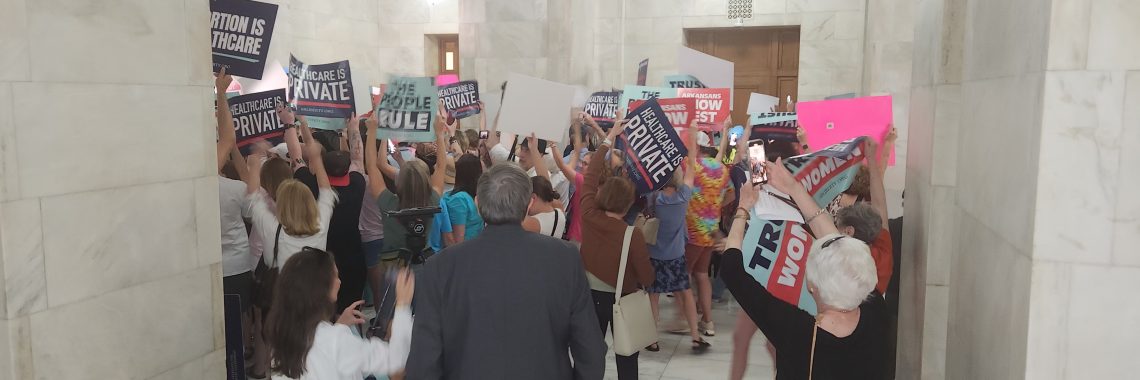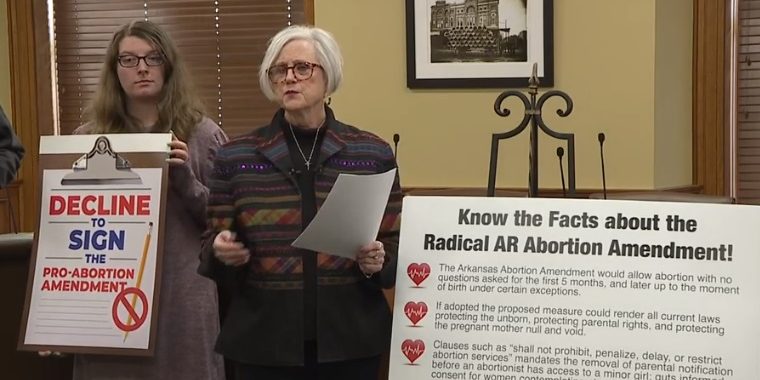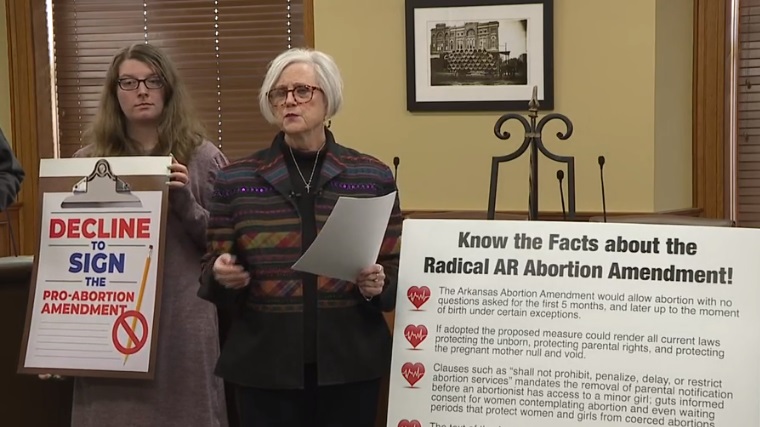State Supreme Court Rejects Arkansas Abortion Amendment

The following is a press release from Family Council Action Committee.
FOR IMMEDIATE RELEASE
Thursday, August 22, 2024
On Thursday, the Arkansas Supreme Court issued a decision effectively blocking the Arkansas Abortion Amendment of 2024 from the November ballot.
Family Council Action Committee Executive Director Jerry Cox said, “This is a good decision. The Arkansas Abortion Amendment is a deceptively worded measure that would write abortion into the state constitution. It legalizes unrestricted abortion for any reason during the first five months of pregnancy. Its various exceptions would allow abortions up to birth in many cases. The amendment does not contain any medical licensing or health and safety standards for abortion, and it does not require abortions to be performed by a physician or in a licensed medical facility. It even nullifies all state laws that conflict with the amendment — which means Arkansas may not be able to enforce basic regulations like parental-consent and informed-consent requirements or laws prohibiting taxpayer-funded abortion in the state. Even Roe v. Wade was not as extreme as this abortion measure.”
Cox applauded all of the groups and individuals who stopped the abortion amendment. “This radical abortion amendment might have made the ballot had it not been for all of the pro-life Arkansans who spread the word about it and had it not been for the Arkansans Secretary of State and Arkansas Attorney General being willing to enforce Arkansas’ ballot initiative laws. This campaign has revealed that Arkansas is home to a strong, pro-life community. Groups like Arkansas Right to Life, Family Council Action Committee, Stronger Arkansas, the Arkansas Faith and Ethics Council, and churches along with ministers, elected officials such as Governor Sanders, and many volunteers all came together to win this great victory. Secretary of State Thurston and Attorney General Griffin made the right call rejecting the abortion measure’s petitions. Today the Arkansas Supreme Court agreed. Arkansas’ women and unborn children will be protected from unrestricted abortion as a result. Arkansas remains the most pro-life state in America. That’s something to celebrate.”
###





